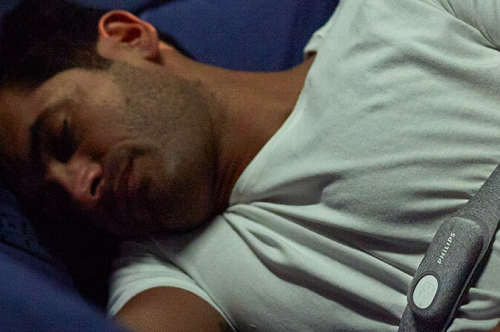Snoring is such a big deal nowadays. Well, it should be. Considering the high percentage of habitual snorers these days, it’s high time we take snoring seriously.
According to research, 40-percent of adult men and 24-percent of adult women snore habitually. It’s cited as a key issue in preventing people from getting a solid night’s rest, either because they themselves are snoring, or the person next to them are.
Snoring not just affects the snorer. It also affects other people who are bothered by the loud noise. It’s hard to sleep with someone who snores. No one gets quality sleep with a snorer around. That pretty much contributes to the reason why snoring is such a big deal these days.
It all sounds faintly ridiculous, but snoring is a big deal – both in terms of annual relief spending, and for potential long term health implications. Snoring can be a strong risk factor for hypertension, for instance, while if left untreated it can eventually lead to Obstructive Sleep Apnoea, or OSA. That’s where the walls of the throat narrow during sleep, making it harder to breathe.
OSA is a serious disease. It can lead to other health issues that could be deadly at some point.
Over time, OSA can lead to an increased risk of stroke or heart attack, to atrial fibrillation, and even make it more likely that you’ll develop type 2 diabetes.
That explains why there is an urgent need to stop snoring.
Stopping snoring isn’t going to instantly prevent all that from happening, but it’s a good first step, and doctors typically look at snoring as an early symptom that there’s something going wrong when you’re in bed.
The question is, can a smart strap like the Phillips’ Smart Snoring Relief Band actually stop snoring? Before we answer that, let’s take a close look at it first.
The latest addition to the company’s sleep-focused range, the Philips SleepSmart Snoring Relief Band replaces giving your bedmate a swift kick when they’re making too much noise.
Unlike straps that claim to keep your nasal passages more open, or bizarre headgear, the snoring relief band takes a more straightforward approach. People typically snore when they’re lying on their front or back, but not when they’re on their side.
So, Philips’ band basically tracks when you’re lying on your back, and encourages you to shift to your side. To do that, it promises to gently vibrate. Not enough to actually wake you up, but just enough of a disturbance to get you to change position. It’s a similar strategy to the micro-changes Philips’ Somneo Connected Sleep & Wake-up Light tried to make in the bedroom, but which can cumulatively add up to a big difference in your sleep – and your health.
Sounds promising but the thing is, this smart band has to be worn around the chest and is dependent on a battery.
Philips’ SmartSleep Snoring Relief Band is worn around the chest, like a heart rate monitor. There’s a minimalistic display to show status and things like battery life, and a USB-C port for charging. The sensor unit itself slots into the band, which is resizable to suit different wearers.
Another thing about this smart band is that we don’t really know how much it’s going to cost.
How much it will cost, and how exactly you’ll control it, remains to be seen. Philips has been pushing its digital health portfolio over the past few years, including building links between the apps on individuals’ phones and the infrastructure their healthcare providers rely on. Recent smart toothbrushes from the company, for example, support two-way communication between the brusher and their dentist. We’ll find out more at IFA 2019 this September.
Until then, we just have to wait. In the meantime, we could resort to using snoring mouthpieces that are readily available in market. The https://snoringmouthpiecereview.org/sleeptight is very simple to use and it works to stop snoring right away.

